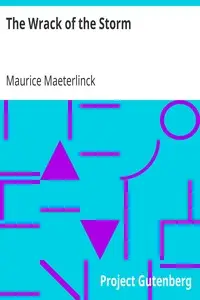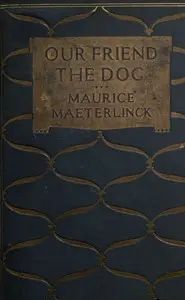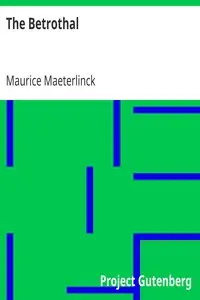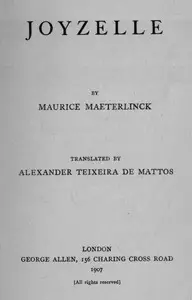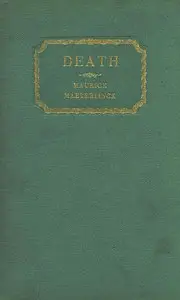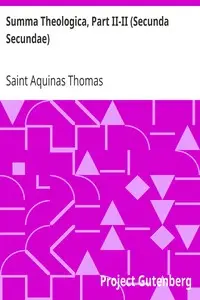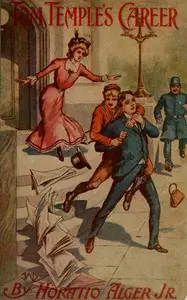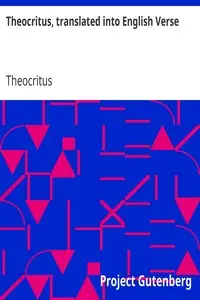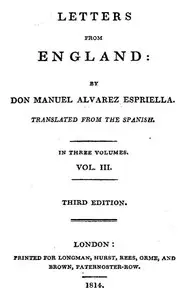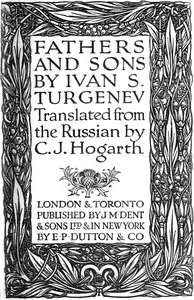"The Buried Temple" by Maurice Maeterlinck is a collection of philosophical essays written in the early 20th century. The essays address profound themes regarding justice, morality, and existence, engaging the reader in a nuanced exploration of what constitutes true justice in human life and the universe. At the start of this work, Maeterlinck delves into the concept of justice, questioning the existence of an all-powerful judge and the nature of human morality. He articulates the struggle between a mystical understanding of justice and the psychology of human relations, suggesting that societal laws are often disconnected from the moral fabric woven by individual human actions. As he analyzes various dimensions of justice—including social, physical, and moral heredity—he reveals the complexities and contradictions inherent in our understanding of justice. The opening sets the stage for a deeper inquiry into how humans interpret justice in their lives and the wider implications of these perceptions. (This is an automatically generated summary.)
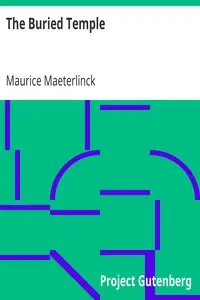
The Buried Temple
By Maurice Maeterlinck
Translation of: Le temple enseveli
Maurice Polydore Marie Bernard Maeterlinck, also known as Count/Comte Maeterlinck from 1932, was a Belgian playwright, poet, and essayist who was Flemish but wrote in French. He was awarded the Nobel Prize in Literature in 1911 "in appreciation of his many-sided literary activities, and especially of his dramatic works, which are distinguished by a wealth of imagination and by a poetic fancy, which reveals, sometimes in the guise of a fairy tale, a deep inspiration, while in a mysterious way they appeal to the readers' own feelings and stimulate their imaginations". The main themes in his work are death and the meaning of life. He was a leading member of La Jeune Belgique group, and his plays form an important part of the Symbolist movement. In later life, Maeterlinck faced credible accusations of plagiarism.

